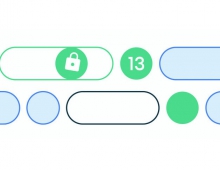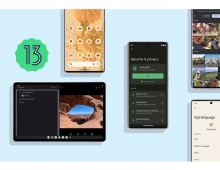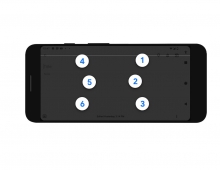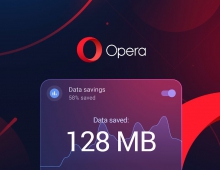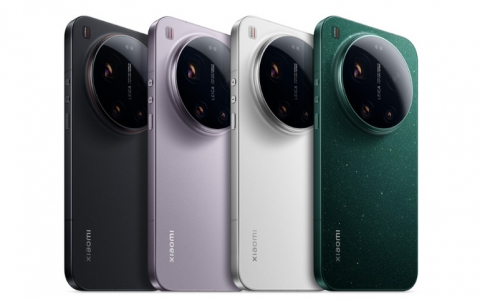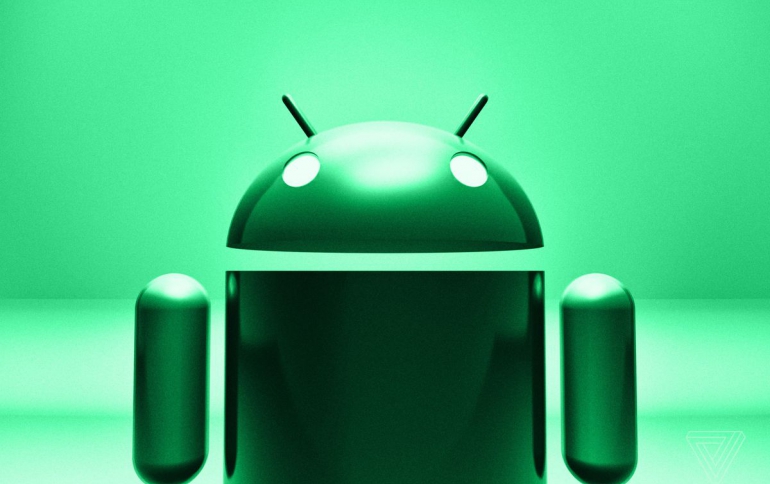
Uncovered 'Master key' Makes Android Phones Makes Vulnerable
Security research firm BlueBox has discovered a vulnerability that could allow cyber-thieves to turn any legitimate Android application into a Trojan, completely unnoticed by the phone user.
The vulnerability in Android?s security model allows a hacker to turn any legitimate application into a malicious Trojan. The vulnerability has been around at least since the release of Android 1.6 and could affect any Android phone released in the last 4 years - or nearly 900 million devices. According to BlueBox, depending on the type of application, a hacker can exploit the vulnerability for anything from data theft to creation of a mobile botnet.
Installation of a Trojan application from the device manufacturer can grant the application full access to Android system and all applications (and their data) currently installed. The application then not only has the ability to read arbitrary application data on the device (email, SMS messages, documents, etc.), retrieve all stored account & service passwords, it can essentially take over the normal functioning of the phone and control any function thereof (make arbitrary phone calls, send arbitrary SMS messages, turn on the camera, and record calls). Finally, and most unsettling, is the potential for a hacker to take advantage of the always-on, always-connected, and always-moving (therefore hard-to-detect) nature of these "zombie" mobile devices to create a botnet.
The vulnerability involves discrepancies in how Android applications are cryptographically verified & installed, allowing for APK code modification without breaking the cryptographic signature.
All Android applications contain cryptographic signatures, which Android uses to determine if the app is legitimate and to verify that the app hasn't been tampered with or modified. This vulnerability makes it possible to change an application's code without affecting the cryptographic signature of the application - essentially allowing a malicious author to trick Android into believing the app is unchanged even if it has been.
While the risk to the individual and the enterprise is great, this risk is compounded when you consider applications developed by the device manufacturers (e.g. HTC, Samsung, Motorola, LG) or third-parties that work in cooperation with the device manufacturer (e.g. Cisco with AnyConnect VPN) - that are granted special elevated privileges within Android - specifically System UID access.
Google had no comment to make on BlueBox's discovery.
Installation of a Trojan application from the device manufacturer can grant the application full access to Android system and all applications (and their data) currently installed. The application then not only has the ability to read arbitrary application data on the device (email, SMS messages, documents, etc.), retrieve all stored account & service passwords, it can essentially take over the normal functioning of the phone and control any function thereof (make arbitrary phone calls, send arbitrary SMS messages, turn on the camera, and record calls). Finally, and most unsettling, is the potential for a hacker to take advantage of the always-on, always-connected, and always-moving (therefore hard-to-detect) nature of these "zombie" mobile devices to create a botnet.
The vulnerability involves discrepancies in how Android applications are cryptographically verified & installed, allowing for APK code modification without breaking the cryptographic signature.
All Android applications contain cryptographic signatures, which Android uses to determine if the app is legitimate and to verify that the app hasn't been tampered with or modified. This vulnerability makes it possible to change an application's code without affecting the cryptographic signature of the application - essentially allowing a malicious author to trick Android into believing the app is unchanged even if it has been.
While the risk to the individual and the enterprise is great, this risk is compounded when you consider applications developed by the device manufacturers (e.g. HTC, Samsung, Motorola, LG) or third-parties that work in cooperation with the device manufacturer (e.g. Cisco with AnyConnect VPN) - that are granted special elevated privileges within Android - specifically System UID access.
Google had no comment to make on BlueBox's discovery.



